We selected 22 basic questions about prostatitis and its treatment. All answers are written by our leading male health experts and andrologists. We hope this article will be helpful to you and provide the necessary answers to your questions.
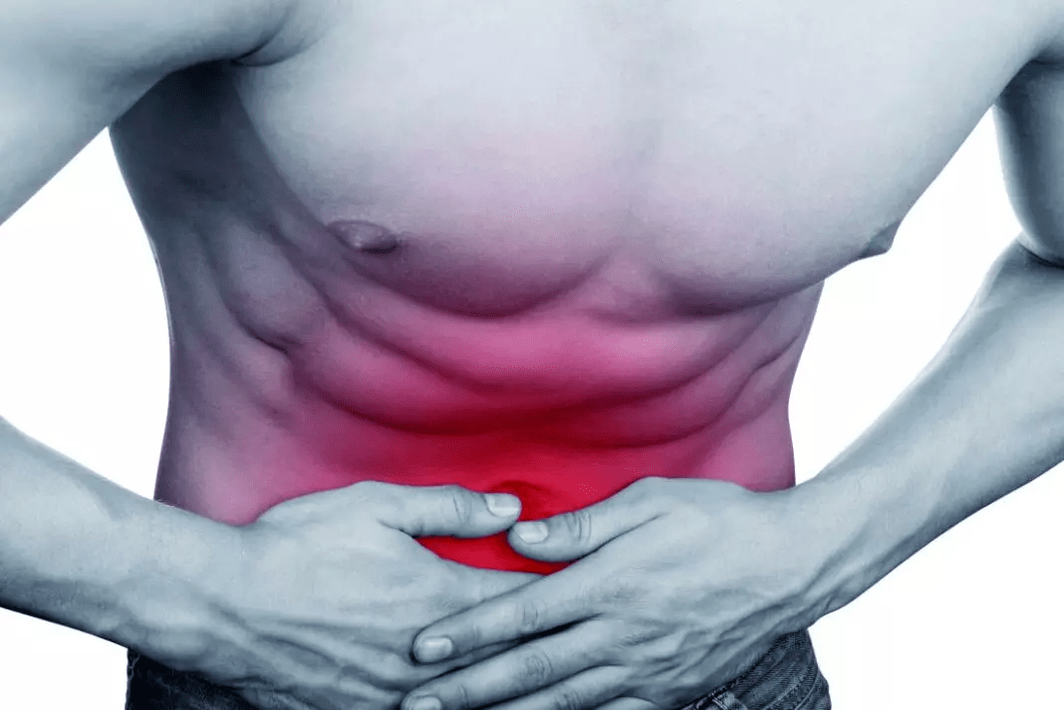
Symptoms of prostatitis: pain, burning, discharge, tingling, urinary incontinence
There are usually 3 types of symptoms of prostatitis:
- Violation of urination: difficult, frequent, and nocturnal urination.
- Pain symptoms: pain in the perineum, lower abdomen, and groin. The pain can radiate (give) to the scrotum or sacrum.
- Mixed type, in which there are urinary system diseases and pain.
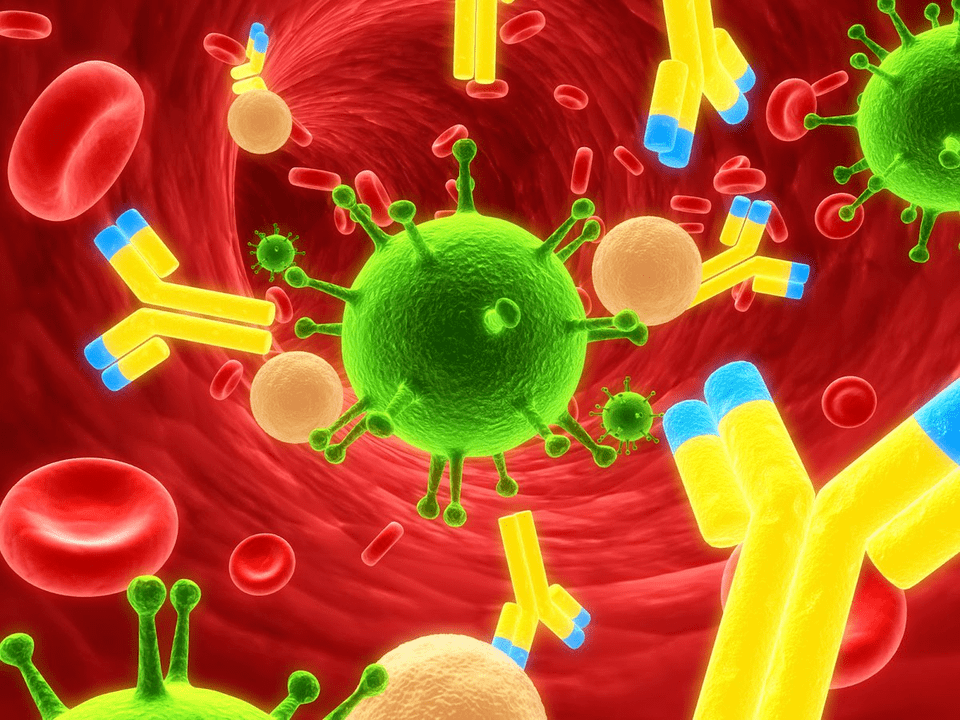
How is prostatitis caused?
Bacterial prostatitis
Infection enters the prostate from nearby organs:
- Urethra;
- bladder
- Through blood vessels and lymphatic vessels from remote inflammatory foci (tonsillitis, sinusitis, dental caries).
The most common bacteria detected in prostatitis are: Escherichia coli, Klebsiella, Proteus, Staphylococcus aureus, and Enterococcus.
Discussed the role of sexually transmitted infections: Chlamydia, Mycoplasma, Trichomonas.
The activity of the inflammatory process and the corresponding performance depend on the characteristics of the microorganisms, the condition of the pelvic organs, their blood circulation, accompanying diseases and other predisposing factors.
Non-bacterial prostatitis
Stasis plays an important role. Violation of blood flow can lead to edema, exudation of prostate tissue, and create conditions for the development of inflammatory processes unrelated to bacterial pathogens.
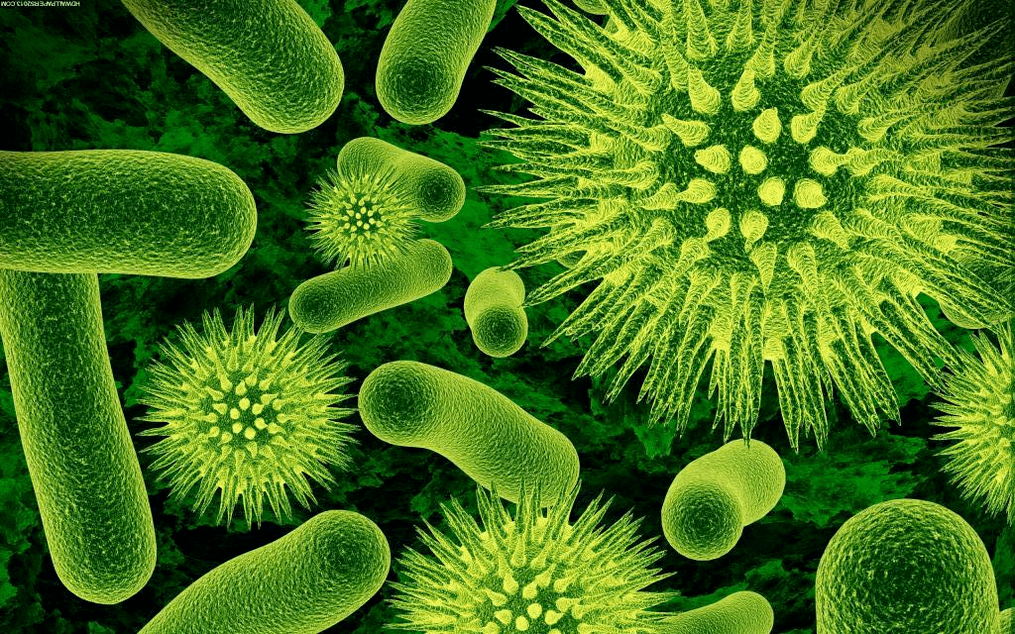
STD and prostatitis
The issues related to the development of sexually transmitted infections and prostatitis are widely discussed in the scientific and medical circles. There is no consensus on this issue.
We consider ourselves to be supporters of the direct link between infection, prostatitis and the course of the disease.
Why is prostatitis dangerous?
Prostatitis does not pose a threat to the patient's life, the process is chronic and will worsen the quality of life.
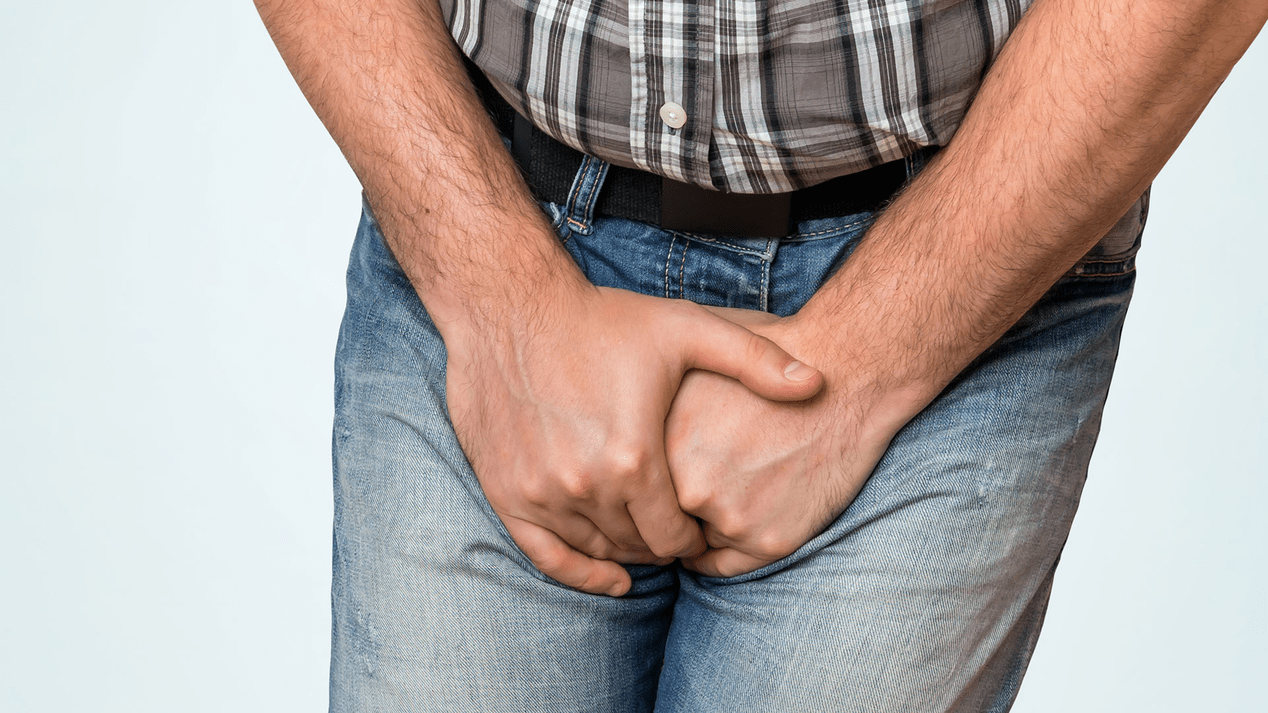
Started prostatitis. How to determine? First sign
The first sign of prostatitis is a change in the nature of urination: difficulty urinating, frequent urination, and frequent urination, especially at night. Discomfort during urination, and varying degrees of pain in the groin area.
The age of prostatitis? Is this a disease of young and/or old people?
Prostatitis is an inflammatory disease, so it can occur at any age. But prostate adenoma or hyperplasia is an age-related disease in men after the age of 50, and is related to the development of benign prostate tumors.
Chronic prostatitis. Is it possible to cure?
The diagnosis of chronic prostatitis means that the structure of the glands has changed, and this change will survive for life. As with any chronic disease, prostatitis will alternate periods of deterioration and remission-periods when the patient does not need to worry about anything. With proper treatment and lifestyle, the remission period may be very long, and the patient will never complain again.
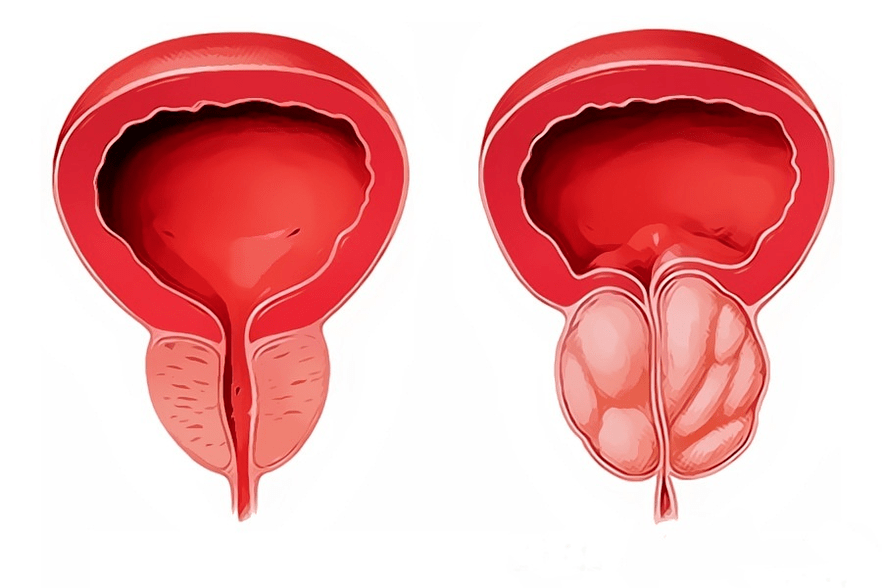
Bacterial and other types of prostatitis
There are many classifications, the most commonly used are those developed by the U. S. Institutes of Health in 1995:
- the first sort.Acute prostatitis.
- The second category.Chronic bacterial prostatitis.
- The third category.Non-bacterial prostatitis/chronic pelvic pain syndrome-no obvious signs of infection and lasts for 3 months or longer.
- Subcategory III A.Chronic inflammatory pelvic pain syndrome (prostate secretions and pathogen excrement contain white blood cells).
- Subcategory III B.Chronic non-inflammatory pelvic pain syndrome (there are no white blood cells in the secret of the prostate).
- The fourth category.Asymptomatic prostatitis (the secret of white blood cells in the prostate, but no complaints).
For ease of understanding, the classification can be divided into 3 types:
Acute prostatitis-Accompanied by severe pain, fever, urinary system disease. The secret of the prostate is a large number of white blood cells, which indicates an obvious inflammatory process. Usually, it happens to a given patient for the first time. If these symptoms occur in patients with chronic prostatitis, then they are called exacerbations of chronic prostatitis.
Chronic bacterial prostatitis-Usually, the symptoms that disturb the patient regularly are not as obvious as acute prostatitis. When diagnosing the increase in white blood cells in the secret of the prostate, the causative agent of inflammation can be determined.
The biggest problem in diagnosis isNon-bacterial prostatitis, Or so-calledChronic pelvic pain syndrome. . . This is because the chief complaint is very similar to prostatitis, but is related to diseases of other organs and systems. It is impossible to detect signs of inflammation and pathogenic bacteria in these diseases: pelvic muscle spasm, impaired interaction with the prostate. The muscles of the bladder and its sphincter, an anatomical disorder-urethral stricture (narrowing), inflammation due to increased pressure in the prostate lobules.
Who treats prostatitis-male doctor or urologist?
Prostatitis is treated jointly by a urologist and a male doctor.
Andrologists are urologists who specialize in male reproductive and reproductive diseases.
Methods and treatment options for prostatitis
All treatment options for the prostate consist of drugs:
- Anti-inflammatory (medicine
- Antibacterial
- Biostimulant
- A drug that improves the contraction of the prostate and bladder while relaxing the sphincter.
Good results were obtained by making appointments for medicine and physical therapy (prostate massage, complex for treating prostatitis) at the same time.
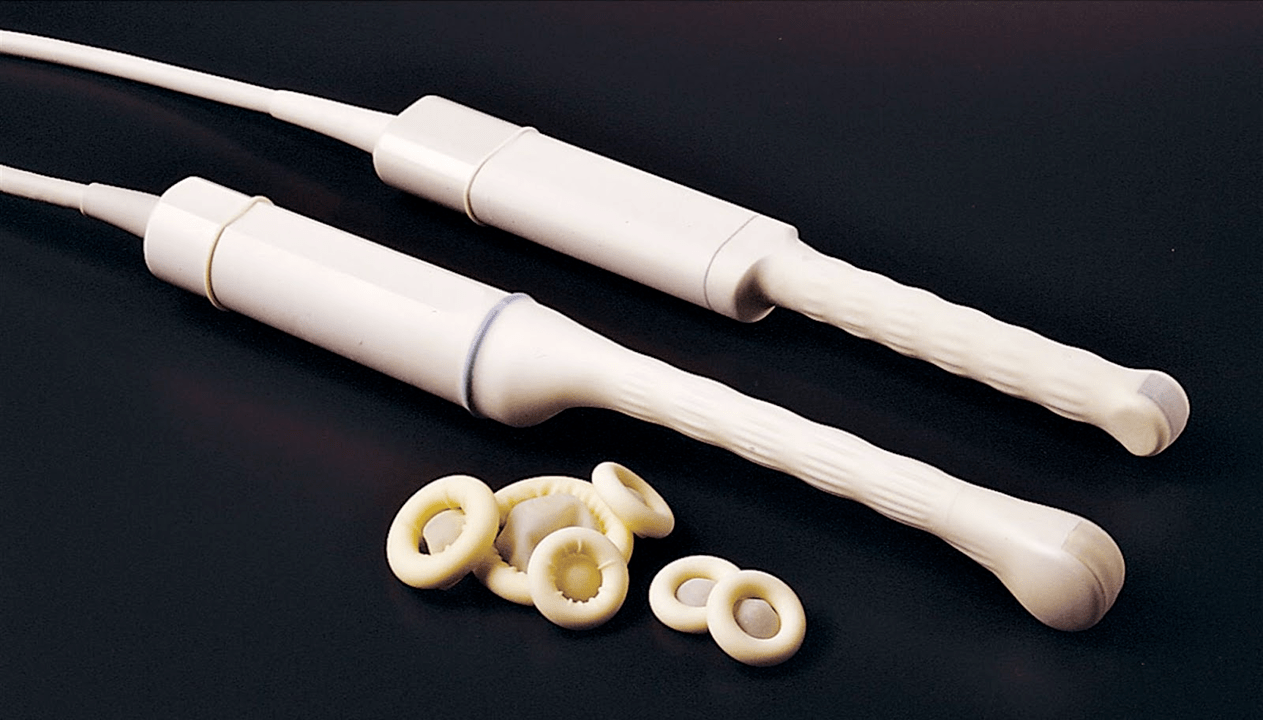
What examinations should be done for prostatitis?
forDiagnosis of prostatitisIt is necessary to consult a urologist (andrologist) to collect patient complaints, medical history, microscopic examination of prostate secretions and ultrasound diagnosis.
For diagnosis, transrectal ultrasound of the prostate (TRUS) and prostate secretions obtained after prostate massage are used for microscopic examination.
In addition, it is possible to use prostatic secretions to seed the bacterial population and determine the sensitivity of the inoculated microbiota to antibiotics.
Surgical intervention and operation for prostatitis
For prostatitis, almost no surgery is used. Except for prostate abscess-the process of forming lesions with purulent contents.
Can prostatitis be cured by itself?
When severe symptoms appear, it is best to find a specialist for treatment. The time factor plays a big role in the treatment, because the longer the inflammation lasts, the greater the possibility of irreversible changes in the organs.
But it is better to prevent it yourself, no doctor will do it for you.
Avoid hypothermia, congestion during prolonged sitting, sexually transmitted infections, irregular sexual behavior-all these are effective ways to prevent prostatitis.
Drugs for treating prostatitis: finalgon, vitaprost, prostamol, ceftriaxone, doxycycline, omnix, etc.
According to the mechanism of action, drugs for treating prostatitis are divided into:
Antibacterial agents (antibiotics)Only prescribed if there is a diagnosis: chronic bacterial prostatitis. The most commonly used fluoroquinolones, macrolides and doxycycline drugs.
Alpha blocker:It is prescribed to restore impaired urination, increase bladder contraction and relax the detrusor muscle.
Big groupBiostimulants and herbal preparations: Candle.
Only correct diagnosis can be effective treatment, because there is no universal medicine for all types of prostatitis. Usually, if a patient has a completely different disease but the symptoms are similar, they will take drugs to treat prostatitis.

Nuts, rhizomes, coriander, cucumber, honey, bees, leeches and other folk remedies for the treatment of prostatitis
Traditional treatment methods have the right to exist, but you have to understand that choosing a folk method that suits you is very difficult. Upon request, the search engine provided 70 million results of treating prostatitis with folk methods.
No one has studied the effectiveness of folk methods. The fact that it helped a patient undergoing this type of treatment (and whether it helped) does not mean that it will help you.
Prostatitis worsened after treatment. Remission, relapse
When the patient is not worried about anything, all chronic inflammatory processes have periods of deterioration and remission. The duration of remission may vary, depending on many factors, including whether the patient is receiving prophylactic treatment. Patients who receive regular preventive treatment and do not wait for their health to deteriorate often experience more rare deterioration.
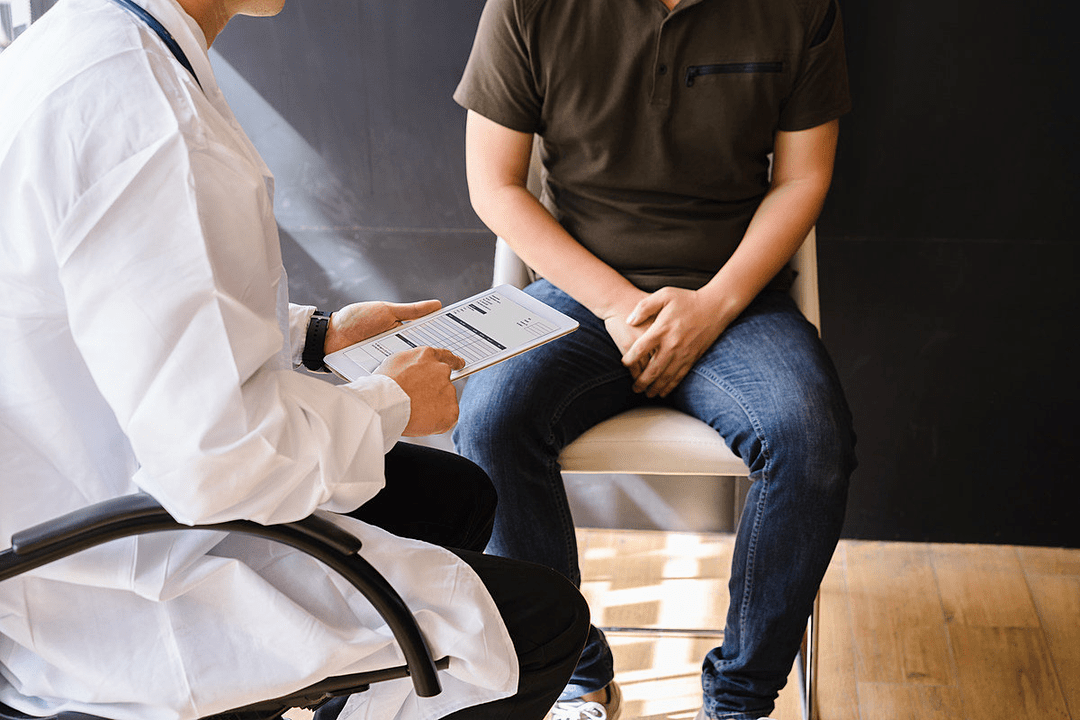
Massage the prostate at home. Do you have to massage for prostatitis?
If you are married to a urology nurse, you can also get prostate massage at home. Any medical operation has its subtleties and nuances. Only a doctor can determine the indications of the operation, so for some diseases: prostate adenoma (acute urinary retention), prostate massage is not advisable, and is contraindicated in the case of tumors.
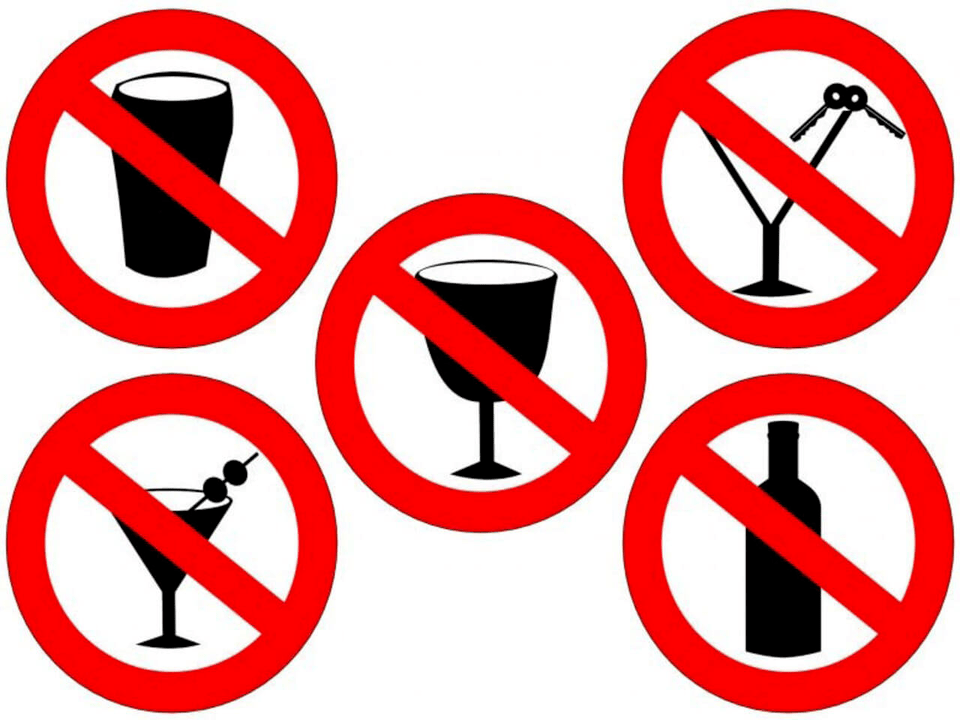
Alcohol and Prostatitis
Alcohol itself does not cause the development of prostatitis, but it will increase the congestion and swelling of the prostate, thereby promoting its development.
Sexual life and prostatitis
There is a direct link between the intensity of sexual activity and prostate disease. With the prolonged abstinence of the prostate, there will be stagnation, which will worsen the metabolic process, destroy the blood microcirculation, and promote the development of the inflammatory process. For prostate health, regularity is more important than intensity of sexual intercourse. Excessive sexual intercourse, especially with different partners and not protected from infection, is the fastest way to cause prostatitis.

Does prostatitis affect women?
Of course, a partner has an impact on the health of women with prostatitis. The prostate and seminal vesicles together produce the liquid component of sperm, which enters the partner's reproductive tract during sexual intercourse. The main danger may be the presence of sexually transmitted infections or bacterial prostatitis, which may trigger inflammatory diseases in women.
Pregnancy and prostatitis
Since the prostate produces the liquid part of sperm, which contains the nutrients needed by the sperm, prostatitis usually leads to a decrease in sperm quality, which makes it difficult to get pregnant.

prevention. What can be done to avoid prostatitis?
Prevention is directly related to the patient's climate and occupation.
Preventing prostatitis is to avoid and minimize the factors that lead to the development of prostatitis. It is necessary to avoid hypothermia and alternate sedentary work during physical activity. Regular sex life is very important for prostatitis.

























